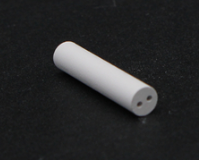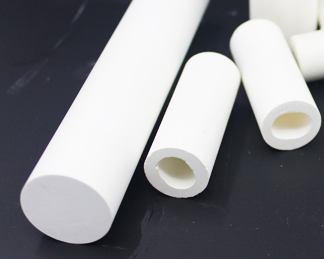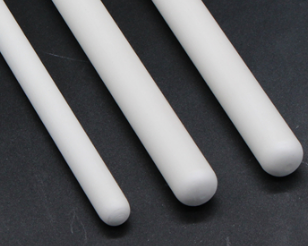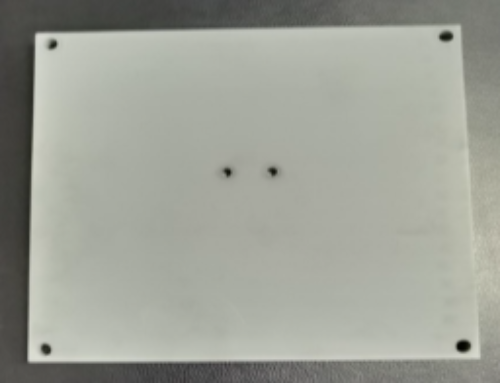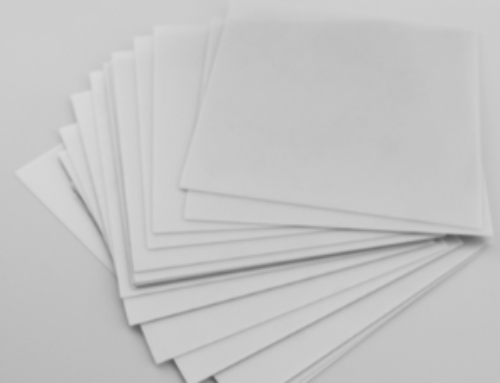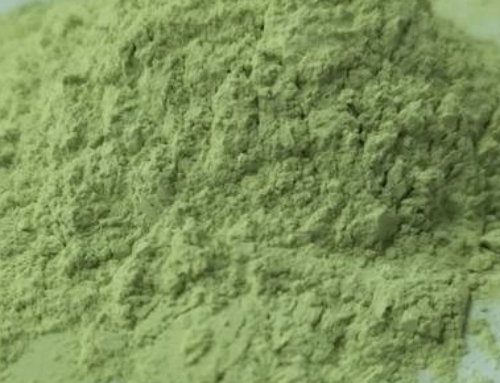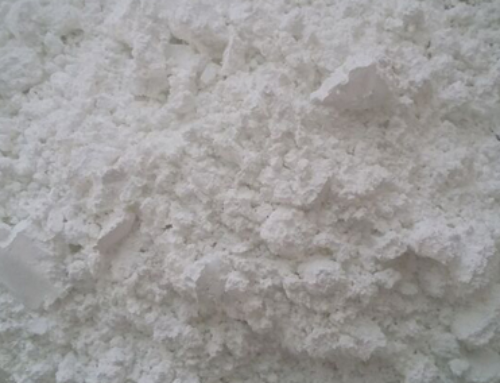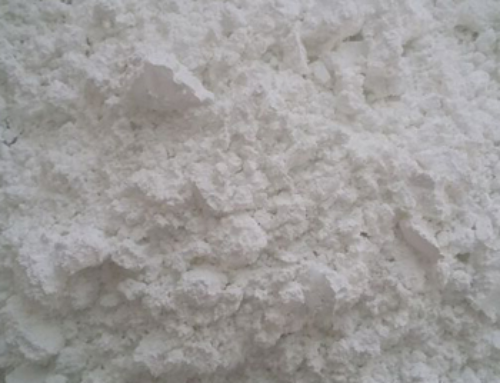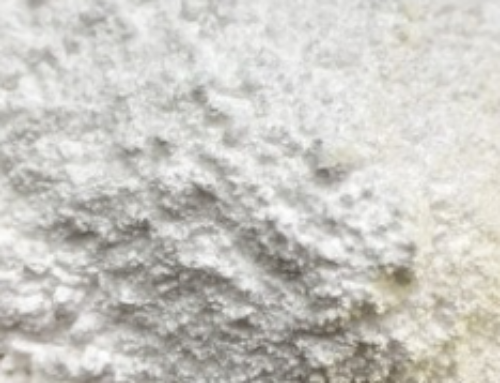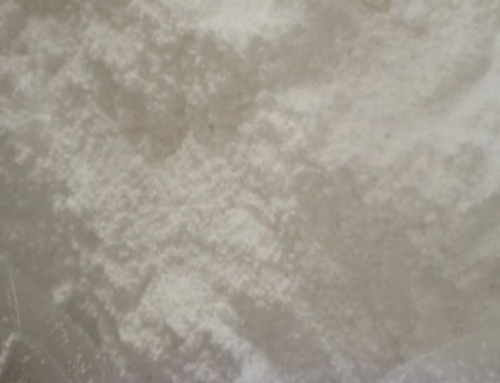Boron Nitride Tube (BN Tube)
| Product | Boron Nitride Tube (BN Tube) |
| Part Number | BN01 |
| Synonyms | HBN tube, hot pressed BN tube |
Boron nitride tubes are made of boron nitride powder by hot pressing and sintering to form product blocks and then processed according to the size and specification required by customers. Boron nitride is also known as white graphite. Its structure is similar to that of graphite. It has the hexagonal structure, with theoretical density of 2.27 g/cm3 and Mohs hardness of 2. It has good electrical insulation, thermal conductivity, excellent thermal shock resistance and chemical stability, and good moisture resistance for molten metal, slag and glass.
Boron nitride ceramic thermocouple protection tubes can replace alumina and zirconia protection tubes, with heat shock resistance, acid and alkali corrosion resistance, high thermal conductivity, temperature measurement accuracy higher than alumina and zirconia protection tubes. They can be used in severe environment with strong corrosion and severe thermal shock. The maximum operating temperature is 2100°C. No cracking in 1000°C water.
NCE can provide boron nitride tubes, thermocouple protection tubes, BN Insulation Tubes, and other special tubes as requried. Various sizes can be customized. Please contact us for the RFQ. Get a Quote Now! For other ceramic materials, please check our Ceramics catalog page.
Materials Compatible with Boron Nitride Tubes
- Ferrous metals: iron, copper, aluminum, nickel, magnesium, bismuth, zinc, etc., alloy Fe Co Ni Si co Zr Nb;
- It does not react with water and acid at room temperature, and slowly hydrolyzes with water to generate boric acid and ammonia;
- Rare earth, nitride.
Materials NOT Compatible with Boron Nitride Tubes
- Antimony oxide, chromium oxide, molybdenum oxide, arsenic trioxide, titanium carbide, etc.
- The melting of high lead glass glaze in 800-950°C air has erosion on BN, but there is no reaction under the protection of nitrogen or inert gas.
- Boron phosphate corrodes boron nitride in 1400°C nitrogen, and reacts with hot concentration or molten alkali and hot chlorine gas.
Typical Application
Boron Nitride can be used for sintering and smelting of metal materials, rare earth, ceramics and other materials. It does not react with many metal and ceramic materials and does not bond. It can replace graphite and alumina ceramics.
Typical application fields of boron nitride ceramics: high temperature electric furnace parts (high temperature insulating sleeve, etc.), metal evaporation crucible, various devices for molten metal or glass, precious metal or special alloy casting mold parts, high temperature support and other stress parts, molten metal transport pipe, nozzle, etc.
Typical Specification
| Grade | BN99 | |
| Purity % | BN | 99% |
| Other Composite | B2O3 | 0.20% |
| Oxygen | <0.5% | |
| Carbon | 0.02% | |
| Calcium | 0.04% | |
| Structure | Hexagonal boron nitride (hBN) | |
| Density | 2 g/cm3 | |
| Hardness | 300 HL | |
| Flexural Strength | 3000 Psi | |
| Coefficient of thermal expansion | (25°C-1200°C) | -1~2.5 (10-6/K) |
| Thermal conductivity | 50 W/mk | |
| Max operating Temperature |
Atmosphere | 900°C |
| Vacuum | 1800°C | |
| Inert | 2100°C | |
| RT Resistivity | >1014 Ω.cm | |
Order Information
Inquiries and orders should include the following information:
- Quantity
- Dimensions or drawings
- Applications if possible
Packing and Storage
Standard Packing: Sealed bags in Carton Box. Special package is available on request.

